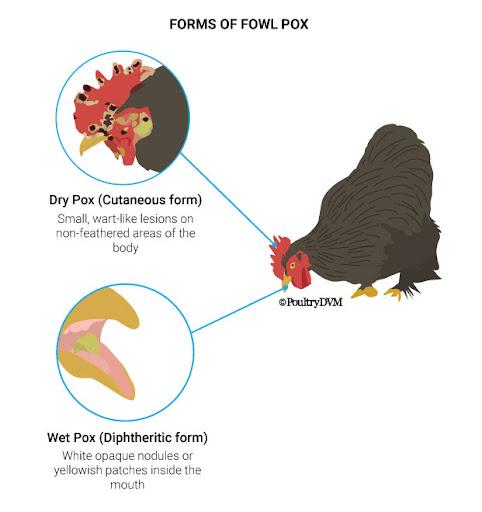Showing 271-280 of 355 publications
Updated: January 8, 2021
Estimating Irrigation Water Requirements to Optimize Crop Growth
The crop, yield goal, soil, temperature, solar radiation, and other cultural factors determine the amount of water needed during the growing season. Irrigation equipment varies in its efficiency. Crops vary in peak water use and critical timing. There are strategies to maximize profits with minimal water supplies.
Updated: January 5, 2021
A Guide for Maryland Department of Agriculture’s Rabbit and Poultry Slaughter Requirements
The Maryland Department of Agriculture (MDA) offers a voluntary certification program, in which participants are permitted to sell their poultry and rabbits anywhere intrastate (within the state) to restaurants and retailers. An additional license from DHMH (Maryland Department of Health and Mental Hygiene) or local health department is required to sell at Farmers’ Markets.
Updated: February 4, 2021
Understanding Howard County's Stormwater Remediation Fee
The stormwater remediation fee applies to the nine largest counties in Maryland (Anne Arundel, Baltimore, Carroll, Charles, Frederick, Harford, Howard, Montgomery, and Prince George’s) and Baltimore City, which are federally required to treat stormwater runoff. Residents, businesses, and institutions in these areas are all required to pay the fee. The fee structure is established independently by each county/city and differs across the State.
Updated: February 4, 2021
Understanding Frederick County’s Stormwater Remediation Fee
Stormwater runoff originates during precipitation when water flows over the ground. Impervious surfaces such as streets and rooftops increase runoff by preventing water from soaking into the ground. Water running over impervious surfaces can pick up sediment, chemicals, debris, and toxins which are carried to local waterways. These pollutants prevent waterways from being fishable and swimmable.
Updated: February 3, 2021
Understanding Baltimore County's Stormwater Remediation Fee
Water running over hard surfaces can pick up sediment, chemicals, debris, and toxins which are carried to local waterways. These pollutants prevent waterways from being fishable and swimmable. In 2012, the State of Maryland passed the Watershed Protection and Restoration Program (HB- 987) which mandates that counties subject to a certain municipal stormwater permit institute a stormwater remediation fee. The purpose of the fee is to manage pollution carried by stormwater into local waterways.
Updated: January 26, 2022
Recognizing and Preventing Internal Parasites (Worms) in Small Flocks
Internal parasites (worms) can affect all types of poultry. They are found throughout the world and can cause production losses and increased mortality in flocks. Commercial poultry producers use confinement to help prevent infections from internal parasites. Free-range backyard flocks may acquire these parasites as they interact with the environment.
Updated: December 20, 2021
Recognizing and Preventing Avian Pox in Small Flocks (FS-979)
Avian pox is a viral disease that can occur in two forms: dry or skin (cutaneous) and the wet (or diphtheritic) form. Mortality is usually low (1%-5%), however, severe cases of wet pox can result in much higher mortality

Updated: March 5, 2021
Development of an Equine Rotational Grazing Demonstration Site for Extension Education
Improper management of grazing horses can lead to the loss of vegetative cover, soil erosion and nutrient run-off into nearby water sources . An example of poor grazing management is to allow horses to continuously overgraze pasture without allowing for rest and regrowth of the plants. Best management practices (BMPs) are practices that farm operators can use to control and reduce the farm’s risk of negatively impacting the surrounding environment.
Updated: July 20, 2022
Review of Lender Requirements for Beginning Farmer Loan Programs (FS-975)
The Center for Agricultural and Natural Resource Policy and UME's Beginning Farmer Success program have developed a fact sheet to help beginning farmers understand the various credit sources available in the state of Maryland and the requirements associated with each credit source, such as USDA's Farm Service Agency, a Farm Credit lender, or MARBIDCO. Authors: Paul Goeringer and Jim Hanson; Title: Review of Lender Requirements for
Beginning Farmer Loan Programs (FS-975)
Updated: February 23, 2022
Maryland Regulations on Transporting Horses
If you are hauling horses, you may be subject to licensing and vehicle registration regulations. This publication outlines the state and federal regulations that may apply if you live in Maryland and/or operate vehicles that are tagged with Maryland license plates. The fact sheet includes information on requirements for personal and commercial transporting.